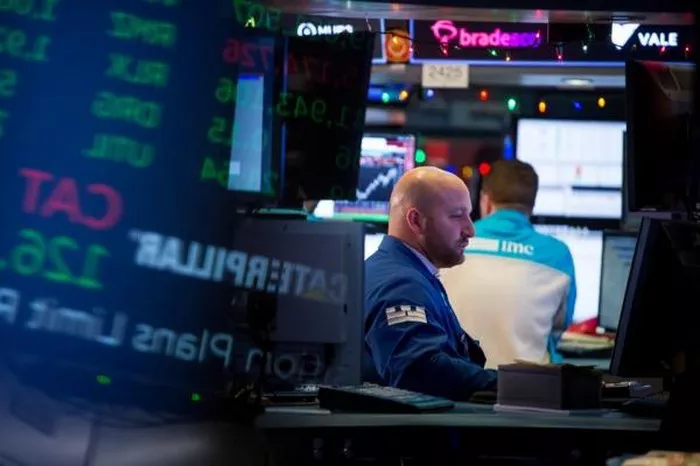Stock futures are a vital component of the financial markets, offering insights into market sentiment and acting as a barometer for the trading day ahead. To effectively engage with stock futures, it’s essential to understand their trading hours.
Understanding Stock Futures
Stock futures are derivative contracts that obligate the buyer to purchase, and the seller to sell, a specified number of shares of a particular stock at a predetermined price on a future date. These contracts are traded on futures exchanges and serve various purposes, including speculation, hedging, and portfolio management.
Trading Hours for Stock Futures
Stock futures trading follows a specific schedule distinct from regular stock market hours. It encompasses both pre-market and overnight sessions, providing traders with the opportunity to react to events and news occurring outside standard trading hours.
Pre-Market Trading: Pre-market trading refers to the activity that occurs before the official stock market opening hours. In the United States, pre-market trading typically commences at 4:00 AM Eastern Time (ET) and continues until the stock market opens at 9:30 AM ET.
Overnight Trading: Overnight trading takes place during the evening and early morning hours after the stock market closes. It begins at 4:00 PM ET when the regular market hours end and continues until pre-market trading starts at 4:00 AM ET the following day.
The Significance of Pre-Market Trading
Pre-market trading holds great significance for several reasons:
Reacting to News: It provides traders and investors with a platform to react swiftly to news events, earnings reports, and geopolitical developments that may impact stock prices.
Setting the Tone: The performance of stock futures during pre-market hours can set the tone for the trading day ahead. Positive pre-market movements may indicate a bullish opening, while negative movements can suggest a bearish start.
Volume and Liquidity: While pre-market trading typically witnesses lower trading volumes than regular hours, it still offers liquidity for traders seeking to execute orders before the official market opening.
Strategy Adjustment: Traders use pre-market information to fine-tune their trading strategies. For example, if a stock experiences a significant price movement in the pre-market due to earnings results, traders may reevaluate their positions.
Participants in Pre-Market Trading
Pre-market trading is not as widely accessible as regular trading hours, and it primarily involves:
Institutional Investors: Large institutional investors, such as mutual funds and pension funds, may engage in pre-market trading to manage their portfolios based on overnight developments.
Active Traders: Professional and active traders often participate in pre-market trading to seize opportunities presented by price disparities, capitalize on breaking news, or adjust their positions.
Retail Traders: Some online brokerage platforms offer limited pre-market trading access to retail traders, enabling them to react to early market developments.
Conclusion
Understanding when stock futures start trading, particularly during the pre-market and overnight sessions, is essential for anyone navigating the financial markets. These extended trading hours provide opportunities for investors and traders to respond to news, fine-tune their strategies, and gauge market sentiment before the official opening bell. While pre-market trading can be valuable, it’s crucial to recognize that it carries unique risks and lower liquidity compared to regular trading hours. As such, market participants should exercise prudence and judiciously use pre-market information in their decision-making processes.


